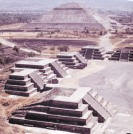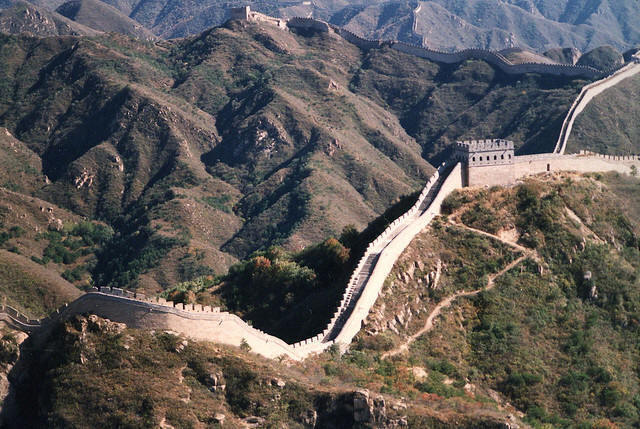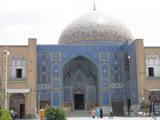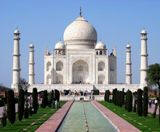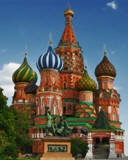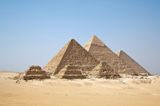Thematic Description
Europe has been shaped by diverse religious and
cultural traditions, such as the monotheistic religions of
Judaism, Christianity, and Islam as well as various
indigenous and philosophical conventions. Interreligious and
intercultural dialogue has been essential to the
transmission of ideas in Europe through dialogue and
interaction. These activities have not only enriched
European cultural landscapes but also fostered mutual
understanding among diverse communities, religious and
nonreligious. Various institutions (academic, religious,
social-political, etc.) have played important roles in
facilitating such interactions and dialogues, allowing ideas
and experiences to cross geographic and cultural and
religious borders.
In antiquity and modern times, interreligious and
intercultural dialogue and interchange had strong impact
upon Europe’s intellectual development. Scholars with
different religious and cultural backgrounds collaborated to
interpret classical works of philosophy, science, and
medicine from Arabic and Greek into Latin. Such
multicultural collaboration introduced scientific and
philosophical ideas to Europe, sparking advancements in
fields such as astronomy, mathematics, and medicine. This
exchange of knowledge across religious and cultural
boundaries laid the foundation for Europe’s intellectual
awakening.
The forum will explore questions related to the
problems of how philosophical ideas transcend cultural,
linguistic, and geographical boundaries and are shaping and
being shaped by the local contexts they encounter. This
interdisciplinary event seeks to understand the mechanisms
through which philosophical concepts, schools of thought,
and intellectual traditions migrate, evolve, and influence
societies worldwide. From this perspective, the conference
aims to draw a map of both the well-trodden paths of
coexistence and cultural exchange in Europe and of the new
paths that need to be explored and the new bridges to be
built. This is essential and significant as Europe faces
tremendous challenges related to migration, social
integration, intercultural tensions, political tensions,
etc.
Contemporary Europe needs new ideas and insights for
understanding the new situation – socio-political,
technological, ecological, cultural, religious, etc. – that
is so new, so dynamic, and so challenging. By fostering open
dialogue, communication and collaboration, Europe will be
able to continue to benefit from its rich diversity.
Interreligious and intercultural dialogues and interactions
can strengthen the social fabric and promote a more
inclusive society.
The conference would like to invite scholars to discuss the
following issues:
- Dialogue among monotheistic religions in
transmission of philosophical ideas in Europe and beyond;
- The role of monetheistic religions in the
translation and dissemination of philosophical texts;
- Religious Mysticism and
Sufism in Europe;
- The role
of Muslim thinkers in the development of Islamic philosophy;
- The adaptation and transformation of ideas across
different cultures and religions;
- The impact of media and technology in spreading
philosophical ideas and education;
- How religious communities coming together to deal
with ecological crises.
Abstract
Please send an abstract (300 to 500 words) and a brief CV to Profesor Bogdana
Todorova [bonytodorova@gmail.com] and
[cua-rvp@cua.edu] by April 30, 2025. Full paper will be due
on May 20, 2025. Well-developed papers will be published by
the Council for Research in Values and Philosophy in its
publication series “Cultural Heritage and Contemporary
Change.”
Logistics
There is no registration fee. Conference
participants will cover the costs of their own travel and
accommodations. For more details and information contact the
local conference organizer [bonytodorova@gmail.com]. The
conference will be conducted in English.
Contact
Professor Bogdana
Todorova, DSc
Institute of
Philosophy and Sociology
Bulgarian
Academy of Sciences
Sofia,
Bulgaria
bonytodorova@gmail.com
